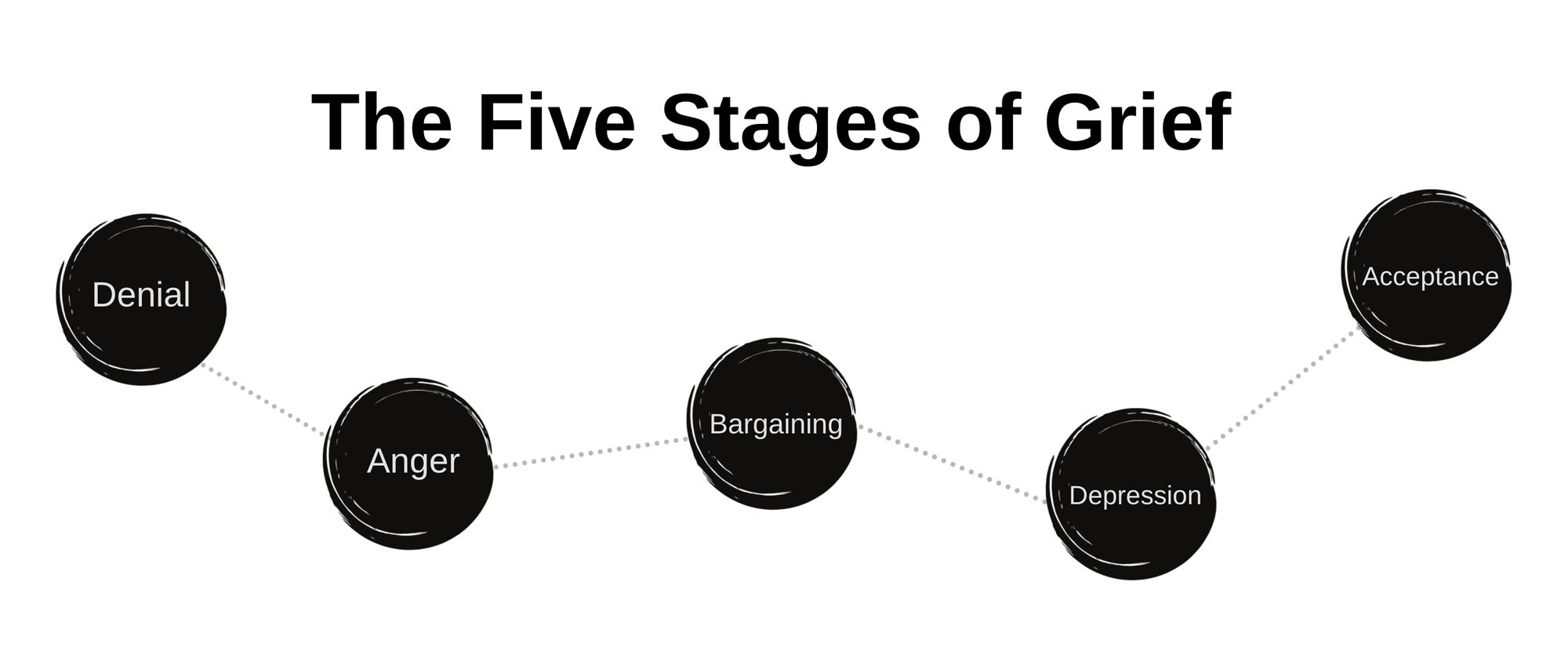Our Linzee Ciprani Team Guarantees
We promise to help you get through this transaction, and we have the guarantees to prove it.

Denial
Avoidance, confusion, elation, shock, fear - during this stage of grief with regard to selling the home, most avoid making the necessary calls and plans needed to figure out what's going to happen with the home during the divorce. By meeting with our team, we're going to take you through the four options that you have with regards to your home and the divorce. They are:
1. It's sold and the monies are divided equitably (not always equally) between the couple.
2. One person gets the home and the other gets other assets that are mutually agreed upon.
3. One party "buys out" the other party.
4. They may choose to co-own a home together
We will help you navigate which option is the right one for you even if you don't decide to sell the home! Free advice, free counsel and free understanding of what YOUR HOME WOULD SELL FOR IN TODAY'S MARKET should you go in that direction.
Anger
Frustration, irritation, anxiety - these are words that are common when experiencing this stage of grief. Most times one person within the couple enters the anger stage first and they're mad that the home has to be sold or angry that the other person might get to keep the home. That is where the memories were made after all. During this stage it's important to process through the anger and consider the co-owning option. If that isn't an option then we can cross it out and move on to the other three.
Bargaining
Struggling to find meaning, reaching out to others, telling one's story. In this stage of grief we see couples talk about what happened and how it happened. They open up more and they start to "rapid cycle" through the above stages as they process through the meaning of the last however many years they were together. this is where most of the mediating takes place. This is the stage where we walk through the following questions:
1. Do either want to stay in the home?
2. Would it be best for the kids to stay in the home?
3. Is it best to use the money from the home to start over fresh for both parties?
And so on...
Depression
Overwhelmed, helpless, hostility, flight - these are the words commonly referred to during this stage of grief. We enter this phase right before we are ready to list the home most times.
Acceptance
Exploring new options, new plan in place, moving on. Here we either refinance the home to keep someone in it, sell the home to get both parties the money out of the home or allow one of the owners to keep it and live in it.
FREQUENTLY ASKED QUESTIONS
What is a Marital Property?
An easy way to understand marital property is this: it includes anything you or your spouse acquired or earned during the time you were married. Examples could include money earned at work, cars, and any homes you bought together.
What is Separate Property?
Separate property means you own a home that belongs to only one spouse, and whether your home counts as marital property or separate property can vary based on a few factors. Those factors include whether you live in a community property state or an equitable distribution state.
What is a Community Property State?
In a community property state, mostly everything you acquired during the years of marriage is owned 50/50, including income, assets, and debts. There are a few possible exceptions like if you owned a property before marriage.
If you owned your home before you were married and your spouse’s name was never added to the title, you retain separate ownership (although your spouse may be entitled to half of the appreciation of the house during the time of the marriage — this can be complicated, so always check with an attorney).




